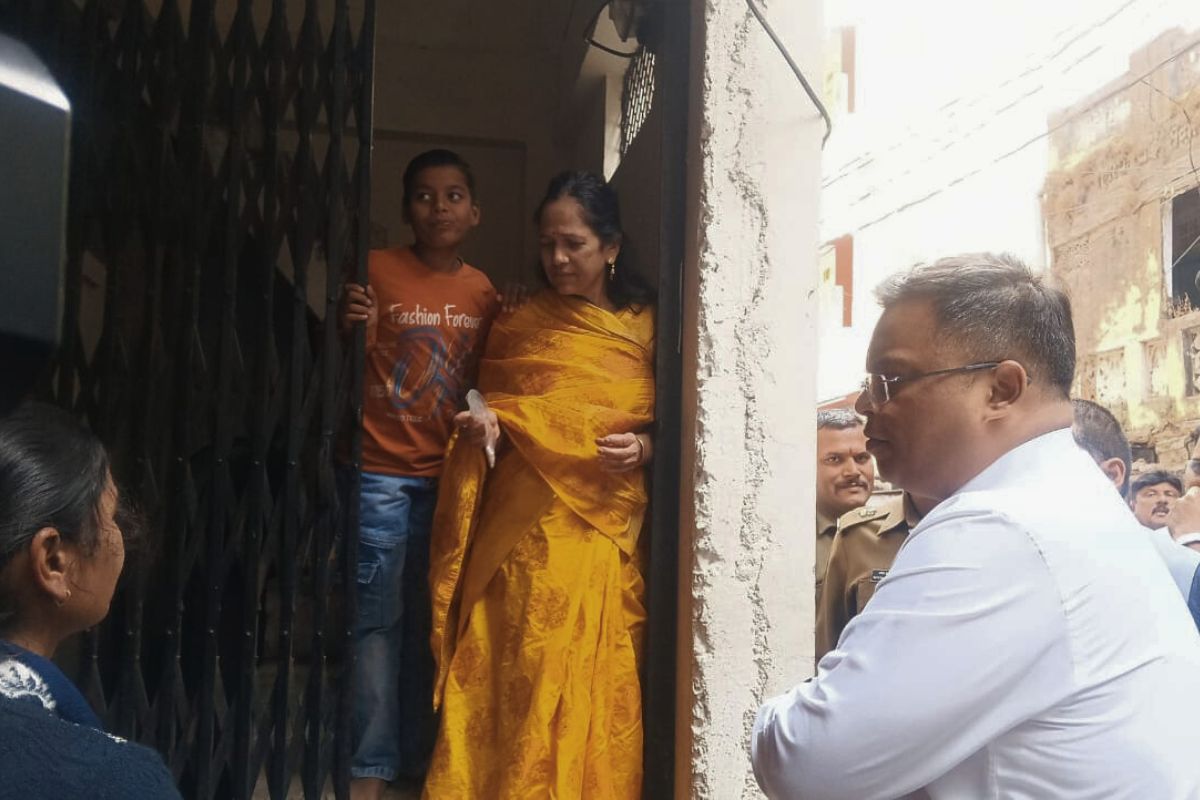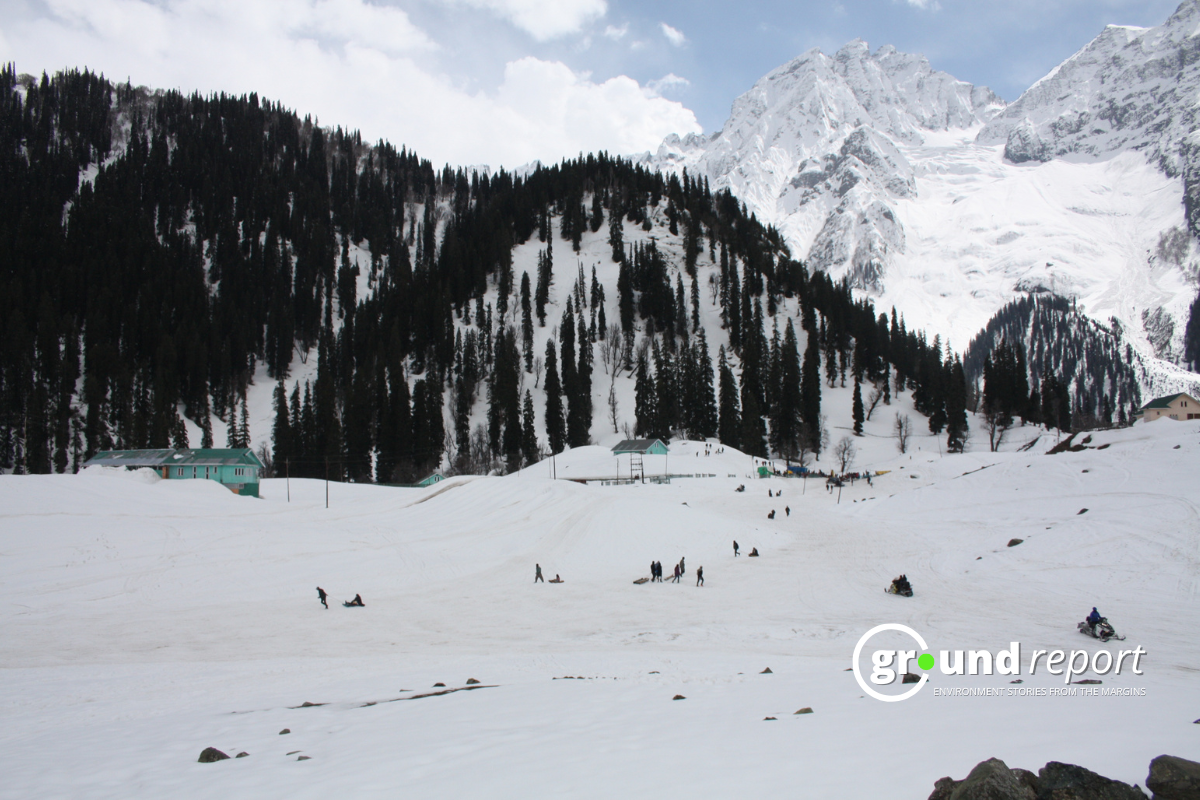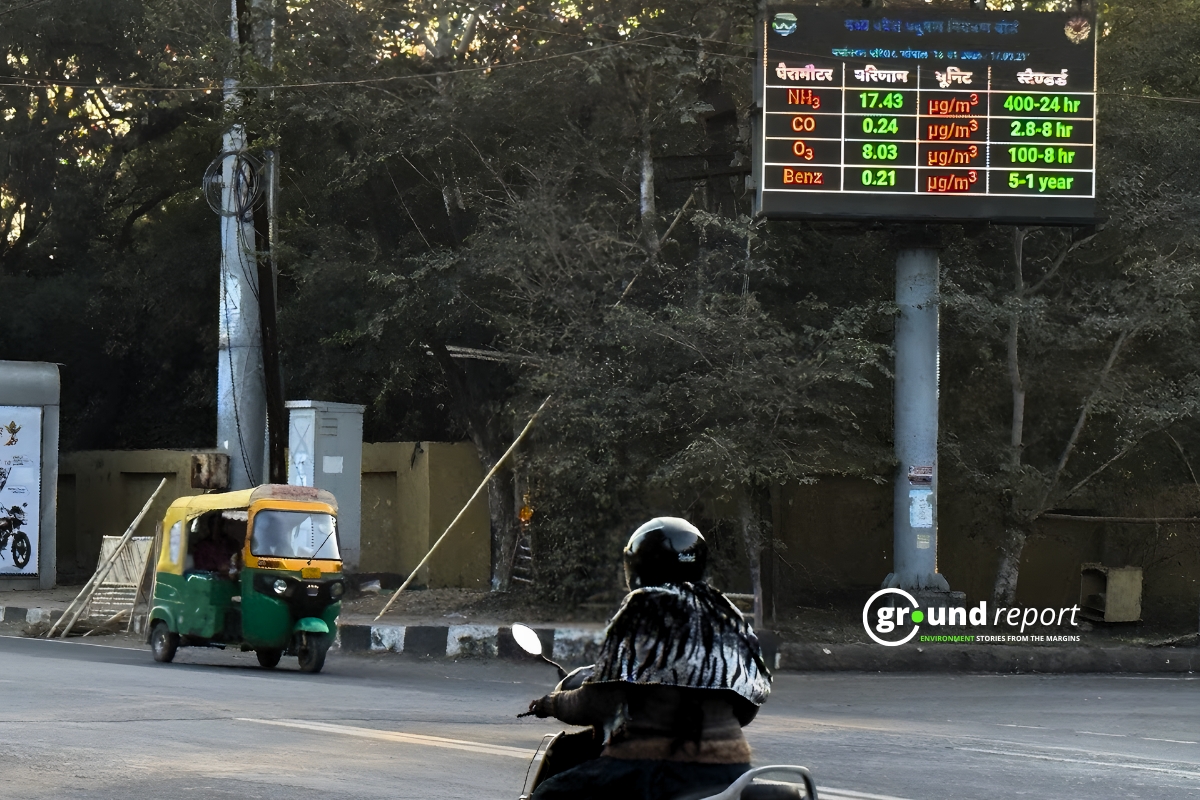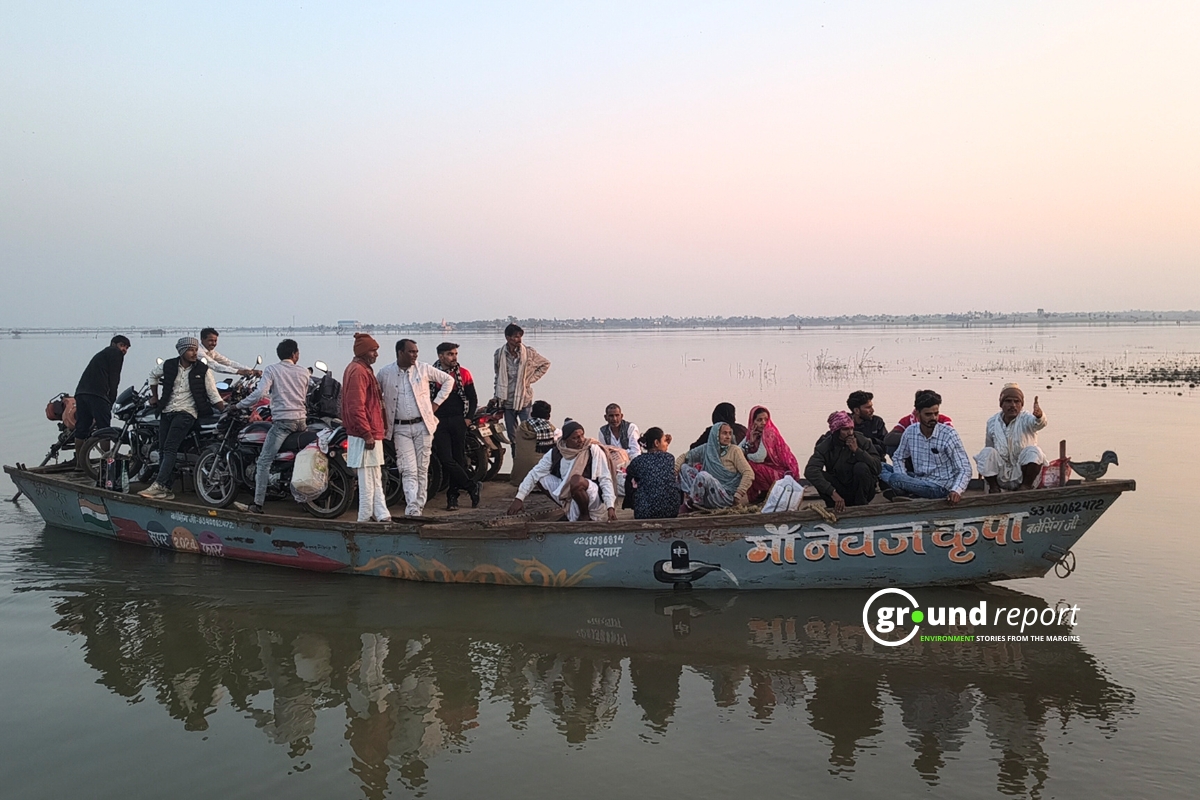Baster-based freelance journalist Mukesh Chandrakar was found dead in Bijapur district, Chhattisgarh, on January 3, 2025. His body was discovered days after he exposed alleged corruption in a road construction project. The murder has raised concerns over the safety of journalists in conflict-ridden areas like Bastar.
Mukesh, 33, had been missing since January 1, when he was last seen heading out to meet someone related to his investigative work. His brother, Yukesh Chandrakar, a journalist, filed a missing persons report when Mukesh didn’t return home. Police traced his phone’s last location to contractor Suresh Chandrakar. Investigators believe Mukesh was targeted because of his exposé on a controversial road project.
Journalist Mukesh Chandrakar, who exposed a road scam in Chhattisgarh, was found dead in a septic tank at the contractor’s premises. He had been missing for days. #MukeshChandrakar #Journalism #Chhattisgarh pic.twitter.com/u8Obzd7ClP
— Sneha Mordani (@snehamordani) January 4, 2025
Who was Journalist Mukesh Chandrakar?
Mukesh Chandrakar was a respected journalist in Chhattisgarh’s Bastar region. He built a reputation for fearless reporting on local issues, including Maoist insurgencies and government corruption. As a freelance journalist, he contributed to various media outlets, including NDTV, and ran a popular YouTube channel, “Bastar Junction” with over 159,000 subscribers. His channel focused on local issues like tribal rights, corruption, and Naxal attacks, highlighting problems overlooked by mainstream media.
Mukesh played a vital role in securing the release of a CRPF commando held by Maoists in 2021, earning praise from local authorities and the media. He had deep connections in the region and was considered a reliable voice for those affected by the conflict between the state and insurgent groups. His reporting provided a platform for local issues to be heard, making him a prominent figure in journalism.
Why was Mukesh Chandrakar killed?
The murder of Mukesh Chandrakar is believed to be connected to his recent exposé on a major Rs 120 crore road construction project in Chhattisgarh. The project involved building a road from Gangaloor to Nelasanar village, which Mukesh investigated for corruption. His reports raised questions about construction quality and fund allocation, leading to an official inquiry.
The primary suspect in the case is contractor Suresh Chandrakar, whose property became the crime scene. Mukesh had reportedly contacted Suresh and raised concerns about the project’s irregularities. There were disputes between Mukesh and the contractor before his disappearance. Mukesh had allegedly received threats from Suresh and his associates, raising concerns among his colleagues.
On January 1, the day Mukesh went missing, he was reportedly heading to meet someone related to his investigation. His brother, Yukesh, filed a missing persons report the next day, and police began tracing Mukesh’s phone. The last known location led authorities to Suresh Chandrakar’s property in Bijapur. There, police discovered Mukesh’s body buried in a septic tank, concealed by a thick concrete slab. This discovery has shocked the local community and drawn attention to the risks faced by journalists in conflict zones.
Following his death, three individuals, including Suresh Chandrakar, have been detained for questioning. While police haven’t confirmed the murder motive, the connection to Mukesh’s reporting on corruption is clear. The murder has sparked outrage among Chhattisgarh journalists, demanding justice for Mukesh and better protection for reporters in dangerous areas.
Local authorities, including Chhattisgarh’s Chief Minister Vishnu Deo Sai, have promised a swift investigation and vowed to bring those responsible to justice. The case has reignited concerns about press freedom and journalist safety in India, especially in Bastar, where reporting on sensitive topics can be deadly.
Support us to keep independent environmental journalism alive in India.
Keep Reading
Watch: Kashmir experiences first snowfall of season after dry spell
Amarnath Yatra: Tackling rising death toll from extreme weather events
Tourists arrival in Kashmir break records, a need to regulate it?
From tourist paradise to waste wasteland: Sindh River Cry for help
Follow Ground Report on X, Instagram and Facebook for environmental and underreported stories from the margins. Give us feedback on our email id greport2018@gmail.com.
Don’t forget to Subscribe to our weekly newsletter, Join our community on WhatsApp, and Follow our YouTube Channel for video stories.









